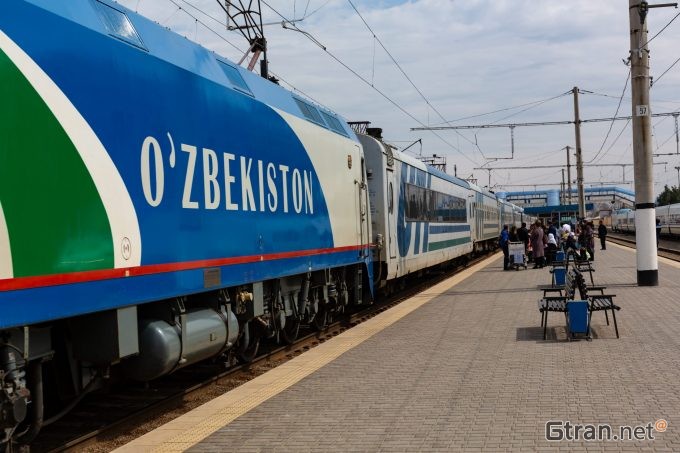China will strengthen its dominance of the transport infrastructure in Central Asia with plans to enhance rail connections between the people’s republic and Kazakhstan, Kyrgyzstan and Uzbekistan.
Kazakh president Kassym-Zhomart Tokayev told the Eurasian Economic Forum developing a new Bakhty-Ayagoz rail link on the border between Kazakhstan and China was under way and would greatly reduce transit times.

“It is crucial to build links with the key political and economic partner of the union as it is both our largest shipper and largest client,” Mr Tokayev said.
“And with a separate border crossing in China, we hope for fruitful Russian cooperation, as the project will significantly reduce delivery time of goods to China, not only from Kazakhstan, but also from western Siberia.”
After the forum concluded, Mr Tokayev met China’s premier, Xi Jinping, and agreed construction of a Kazakh logistics centre in the Chinese dry port of Xi’an, positioned to link not only Central Asia, but Europe, Iran, and Turkey.
Meanwhile, Kazakhstan’s state-owned railway, KTZ, will likely be buoyed after reporting a 63% spike in volumes for the first quarter. Growth in the region refocuses attention on the Belt & Road initiative, where some reports had suggested there had been some backtracking. But China has additional infrastructure plans as part of the programme.
Late last month, Uzbekistan announced that China had completed a feasibility study for what it described as an “Uzbekistan-Kyrgyzstan-China railway project”. Mr Xi reportedly said the new connection was of “historical importance” for strengthening ties between the three countries.
Estimated to cost some $6bn, if completed, the route will allow for an additional 5m tonnes of cargo to travel by rail each year.
China also recently approved construction of a China-Russia bridge that would cut 2,000 km from current routes, in what appears to be a concerted effort by the two countries to reduce their reliance on air connectivity and shipping.


